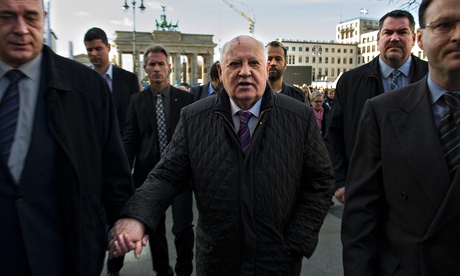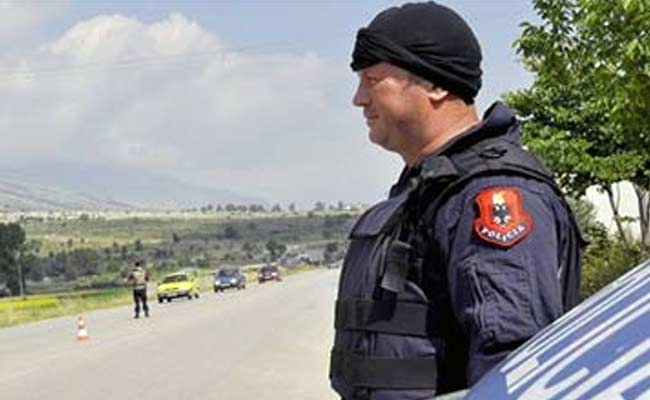86-Year-Old Serb Guards Over WWI Dead in Greece
THESSALONIKI, Greece — Nov 8, 2014, 5:48 AM ET
By COSTAS KANTOURIS Associated Press
Stooped and unsteady, Djordje Mihailovic walks among rows of discolored
marble crosses of Serb soldiers slain a century ago in the horrors of
World War I.
For over half a century, the 86-year-old has been a caretaker at
Thessaloniki's Allied War Cemetery in northern Greece. In the centenary
year of the start of World War I, Mihailovic is ever more the embodiment
of remembrance as another Nov. 11 Armistice Day approaches.
"This is my family," he said of the remains beneath the rocky soil. "I
know many of the names of the soldiers here and many of their stories."
"Now I tell them to their grandchildren and the great grandchildren," he
said of the Serb visitors who make the pilgrimage to the site.
Mihailovic also has real family buried here: his grandfather, a World
War I veteran who became the cemetery's first caretaker, and his father,
who succeeded him. Mihailovic intends to work here until he dies, and
then be buried here, too.
Low-flung weeds run across the pathways of Mihailovic's grounds, unlike
some Western Front battlefields and cemeteries where many heads of state
this year have walked the manicured lawns. It does not detract from
their significance, especially for Serbs.
Serbia, involved in the war from the very beginning, had an army of
about 350,000 soldiers, of whom some 130,000 died, outnumbered as they
fought off an Austro-Hungarian invasion for more than a year before
Germany and neighbor Bulgaria joined the onslaught.
"A third of the army was lost," said Mihailovic. "It's a story the world should know."
The region around Thessaloniki was a rallying point for Serbia's ravaged
army, which endured a harrowing retreat to join Allied troops led by
Britain and France in 1916.
"Every family had a victim," Mihailovic said, sitting at the entrance of
a room filled with Orthodox Christian religious icons and dedications
left by visitors.
The Mihailovic dynasty of caretakers started with grandfather Sava, who
took the job at the cemetery when it was built on the site of a field
hospital for the wounded. Djordje's father, Djuro, took over as
caretaker until his death in 1960.
Mihailovic still lives in the house built for his family on the cemetery
grounds. With his bushy eyebrows and gray moustache, Mihailovic wears
assorted pieces of old army uniforms, including the distinctive Serbian
double-point cap. He chainsmokes Drina Cigarettes, a brand that was
popular among his forebears in the trenches.
"I wear the uniform so people can recognize me, because visitors don't
always know where to go," he said. Among his uniforms there "are clothes
from World War I which I wear to honor the soldiers."
Some 7,500 Serbs are buried in Thessaloniki, where sections are also
reserved for the French, Italians, British and Russians who died there.
Mihailovic is caretaker only for the Serb area.
Serb visitors typically get a tour of the grounds and a shot of fiery
plum brandy from Mihailovic, whose role over the decades has shifted
from listener and collector of stories to guide and raconteur.
Many are eager to listen to Mihailovic's stories of how soldiers
traversed freezing Greek mountain passes to bypass enemy artillery, or
how a shattered army survived a typhoid outbreak when it reached Greece
and was taken to the island of Corfu. Many Serbian visitors to the
island still refuse to eat fish there, out of respect to the thousands
of soldiers buried at sea.
Mihailovic, who has two daughters, knows that his family tradition will
die with him, and is training a younger apprentice appointed by
Belgrade.
"That's the toughest thing for me to accept," he said. "I was born here,
raised here. We played in the fields that once surrounded this place.
We had our families here. I could stop and draw my pension," he said.
"But it's not a job, it's my life."





















![141103_F-35C-[FINAL-DRAFT]](http://navylive.dodlive.mil/files/2014/11/141103_F-35C-FINAL-DRAFT-1024x940.png)







